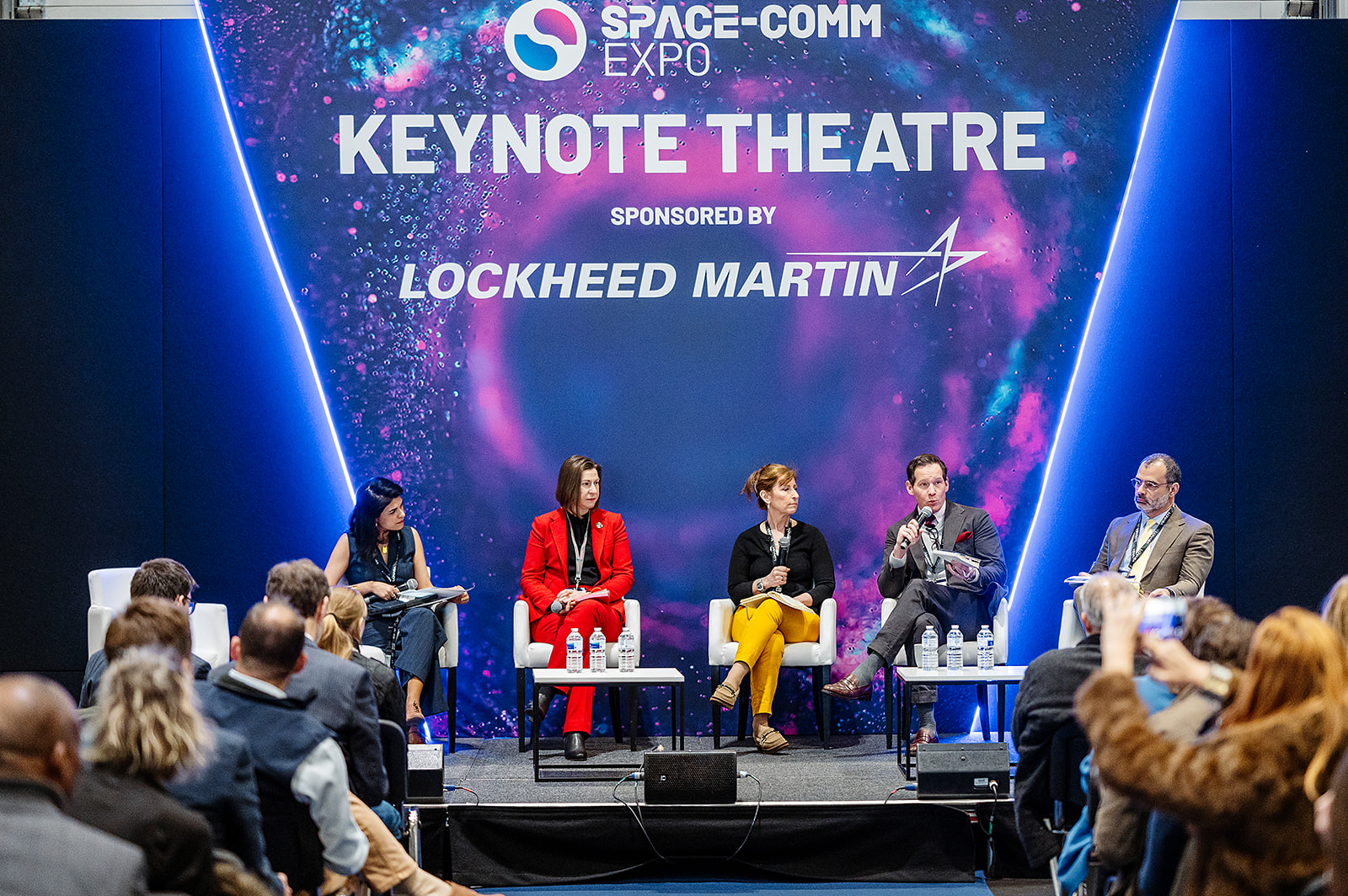Starlab Space Station to boost ESA low-Earth orbit ambitions

Above:
Starlab.
Copyright Starlab-Space-LLC
The MoU outlines that the parties intend to commonly foster science and technology development and explore the potential for collaboration in conjunction with post-International Space Station low-Earth orbit (LEO) destinations.
The collaboration will initially focus on, but is not limited to, exploring opportunities for sustained access to space for Europe through the Starlab space station. These could include:
- Access to the Starlab space station for ESA and its Member States, for astronaut missions and sustained long-term research activities as well as commercial business development.
- Contributions to research projects on upcoming missions, leveraging European technology across various fields, including (but not limited to) advanced robotics and automation/artificial intelligence, and advancing European science priorities, such as health and life sciences.
- Establishment of a complete ‘end-to-end’ ecosystem comprising the Starlab space station as a low-Earth orbit destination and a potential
- ESA-developed European transportation system (cargo and crew), leveraging standardised interfaces in the interest of an open access policy.
This agreement reflects ESA’s ambition to enable a smooth transition from the International Space Station towards the sustained exploitation of human and robotic infrastructures in low-Earth orbit after 2030, including through commercial services.
“ESA appreciates the transatlantic industry initiative for the commercial Starlab space station, and the potential that its strong European footprint holds for significant European industrial and institutional contributions to, and use of, said station,” said Josef Aschbacher, Director General of the European Space Agency. “Our teams are looking forward to working closely with the Starlab teams here in Europe and in the US.”
“This agreement with the European Space Agency is critical as we continue to foster international collaboration in the space domain and move towards succeeding the International Space Station with Starlab,” said Matt Kuta, President, Voyager Space. “We look forward to working with Airbus and ESA to extend Europe’s footprint in space and ensure they remain a leader in the new generation of commercial space exploration.”
“At Airbus, we are very pleased that ESA is continuing to look to the future and demonstrating such a keen interest in Starlab,” said Mike Schoellhorn, CEO of Airbus Defence and Space. “Our collaboration on this next-generation space station builds on a long and successful partnership between ESA and Airbus in developing and operating a wide range of crewed and uncrewed spacecraft.”
In the past, Airbus has supplied ESA with iconic spacecraft such as the International Space Station Columbus Module, all five Automated Transfer Vehicles (ATV) and – most recently – the European Service Module (ESM) for Orion, Europe’s contribution to NASA’s Artemis missions back to the Moon.
In August 2023, Voyager and Airbus first announced an agreement to form a transatlantic joint venture to support a continuous human presence in low-Earth orbit and a seamless transition of microgravity science and research opportunities in the post-International Space Station era. Starlab is also expected to have a European affiliated joint venture to directly serve the European Space Agency and its member state space agencies.
Starlab Space LLC is a planned transatlantic joint venture between Voyager Space and Airbus that is designing, building, and will operate the Starlab commercial space station. Starlab will serve a global customer base of space agencies, researchers, and companies, ensuring a continued human presence in low-Earth orbit and a seamless transition of microgravity science and research from the International Space Station into the new commercial space station era.













